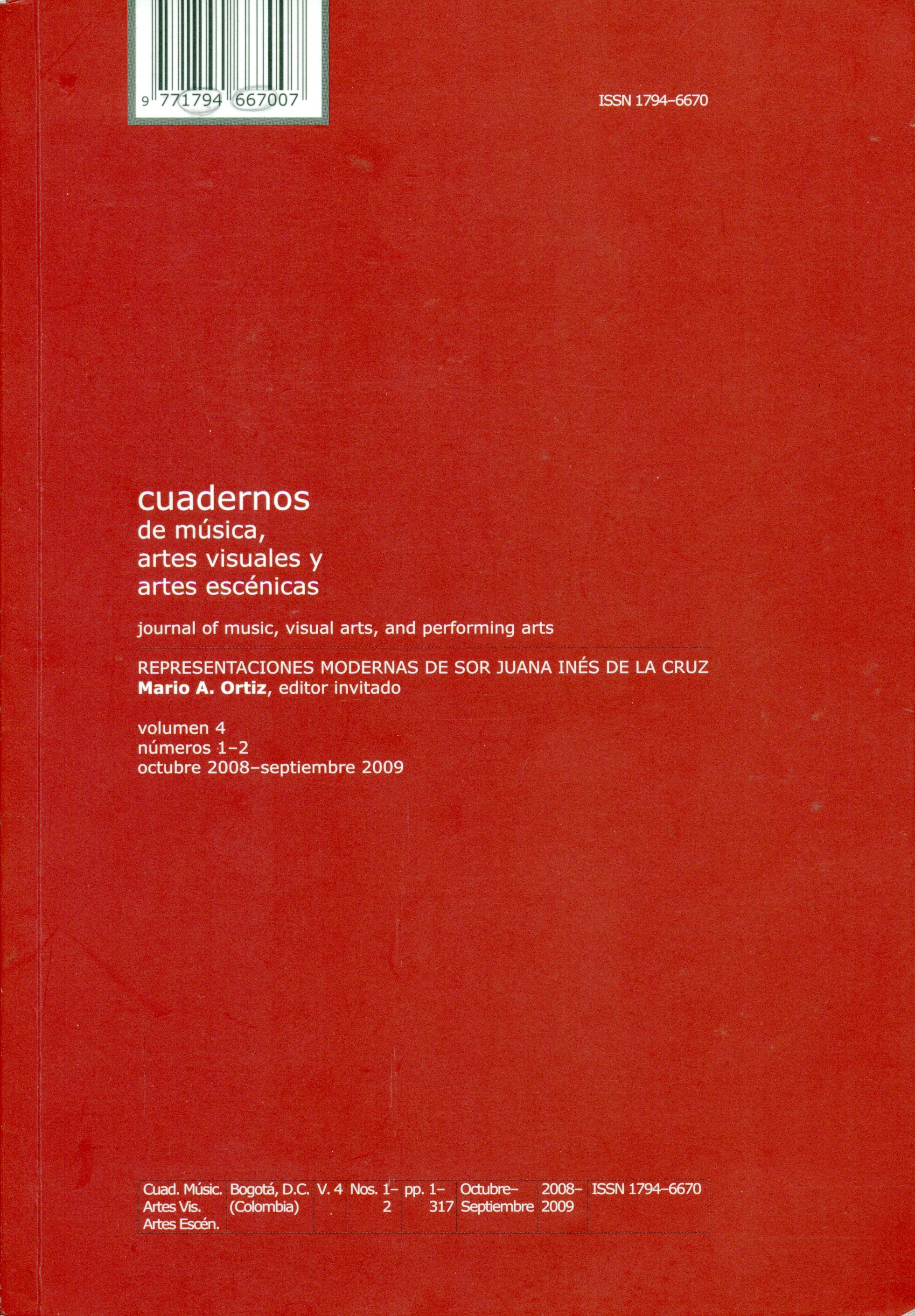Resumen
La adaptación en forma de película de Jaime Humberto Hermosillo del cuento de Elena Poniatowska “De noche vienes”, De noche vienes, Esmeralda (1997), cuestiona y desafía las normas de género sexual, tal como lo hizo Sor Juana en sus escritos. A diferencia de la autora del diecisiete, sin embargo, demuestra el poder de la mujer a través de la sexualidad y la emoción, revelando cómo tales impulsos pueden subvertir e interrumpir la Ley del Padre. La película abre la posibilidad de explorar, explotar y domesticar la mirada masculina—históricamente parte del aparato que suprime a la mujer—y ofrece la alternativa de una mirada femenina polimórfica, la que contradice los efectos del patriarcado. Mientras la película cuestiona las convenciones y tradiciones patriarcales, también nos pide que pongamos a un lado presunciones inconscientes del decoro y que investiguemos paradigmas alternativas de la sexualidad y del papel de género sexual en el México contemporáneo. La protagonista Esmeralda, ser encarnado por excelencia, revela el vacío bajo las reglas y regulaciones del capitalismo patriarcal, en su forma nacionalista mexicana. Al asumir la posición de la mirada femenina polimórfica, el público puede participar en una perspectiva alternativa de la vida, la que permite la expresión libre del amor y de la sexualidad, fuera de las normas establecidas por la iglesia y el estado.Esta revista científica se encuentra registrada bajo la licencia Creative Commons Reconocimiento 4.0 Internacional. Por lo tanto, esta obra se puede reproducir, distribuir y comunicar públicamente en formato digital, siempre que se reconozca el nombre de los autores y a la Pontificia Universidad Javeriana. Se permite citar, adaptar, transformar, autoarchivar, republicar y crear a partir del material, para cualquier finalidad, siempre que se reconozca adecuadamente la autoría, se proporcione un enlace a la obra original y se indique si se han realizado cambios. La Pontificia Universidad Javeriana no retiene los derechos sobre las obras publicadas y los contenidos son responsabilidad exclusiva de los autores, quienes conservan sus derechos morales, intelectuales, de privacidad y publicidad.
El aval sobre la intervención de la obra (revisión, corrección de estilo, traducción, diagramación) y su posterior divulgación se otorga mediante una licencia de uso y no a través de una cesión de derechos, lo que representa que la revista y la Pontificia Universidad Javeriana se eximen de cualquier responsabilidad que se pueda derivar de una mala práctica ética por parte de los autores. Como consecuencia de la protección brindada por la licencia de uso, la revista puede publicar retractaciones o corregir la información ya publicada. La publicación de contenidos en esta revista no representa regalías para los contribuyentes.


